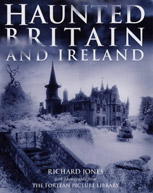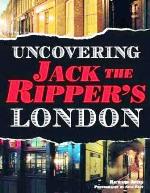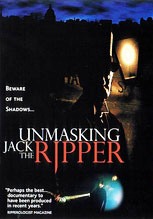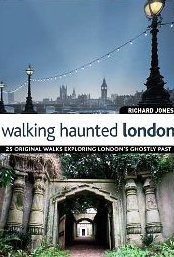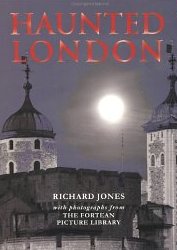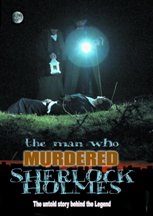THE DISAPPEARANCE OF WILLIAM HARRISON
Chipping Campden Hall, Chipping Campden, Gloucestershire
Chipping Campden’s old hall was built in 1613 by Sir Baptist Hicks, the fist Viscount Campden and was, by all accounts, a splendidly opulent Jacobean mansion. It lasted just thirty years before being burnt down by Royalist troops who had garrisoned it during the Civil War.
Following the houses’ destruction, William Harrison, became administrator of the manorial lands roundabout on behalf of Lady Campden.
On Thursday 16th August 1660, seventy-year old Harrison, set out to collect rents in the nearby hamlet of Charringworth.
When he hadn’t come back by dusk, his wife sent their servant, John Perry, to look for him and he also failed to return.
The following morning, the couple’s son, Edward, set out to enquire after his father, and met Perry on the road to Charringworth.
As they returned to Chipping Campden, they met an old woman who showed them a mangled hat and bloody collar band, which she had found in a nearby field.
Edward immediately recognised them as his father’s but, although a thorough search was undertaken, no trace of the missing steward was found.
The family immediately began to suspect that John Perry was somehow involved in his master’s disappearance.
When brought before the local magistrate he confessed that he and his brother, Richard, had waylaid Harrison near Chipping Campden churchyard where Richard had murdered him and then disposed of the body, aided by their mother, Joan.
Richard and Joan were duly arrested and, despite protesting their innocence and there being no tangible evidence against them, they were charged and sent for trial along with John.
The three were tried at Gloucester assizes where they were found guilty of murder and sentenced to death.
Their execution took place on Broadway Hill, a little way outside Chipping Campden.
Joan Perry was the first to die. It was commonly believed that she was a witch, and that she was using her powers to prevent Richard from confessing.
When Richard mounted the scaffold, however, he professed his innocence and implored his brother to tell the truth.
John steadfastly refused and watched as his brother was hanged.
Finally, the noose was placed around John’s neck, and with his dying breath, he confessed that he knew nothing whatsoever about William Harrison’s fate.
The townsfolk returned home, no doubt relieved at having rid themselves of an unpleasant and murderous family.
Two years later, in the fading light of an autumn evening, who should come strolling into town but William Harrison.
He told the local magistrate, Sir Thomas Overbury, that three mysterious horsemen had abducted him and sold him to slave traders.
Eventually he became the property of an elderly physician in the Turkish town of Smyrna where he worked in his master’s distillery and was given a silver bowl to drink from.
When he had been there for about a year and three quarters, the physician died and Harrison escaped to a nearby port, where he used the silver bowl to bribe his way onto a ship bound for Lisbon.
From there, he worked his passage to Dover and then walked to Chipping Campden.
Since William Harrison’s account is too far fetched to be believable, many solutions have been put forward to explain what became known as the "Campden Wonder."
One theory holds that Harrison may have believed that Joan Perry had bewitched him, and his disappearance was an elaborate ruse aimed at freeing himself from her baleful influence.
It has also been suggested that Harrison may have been a spy who was sent abroad on some top- secret mission.
Whatever the reason for his absence, it seems that he had not anticipated the confession of John Perry, whose motives are destined to remain one of the greatest conundrums of a riveting mystery.

